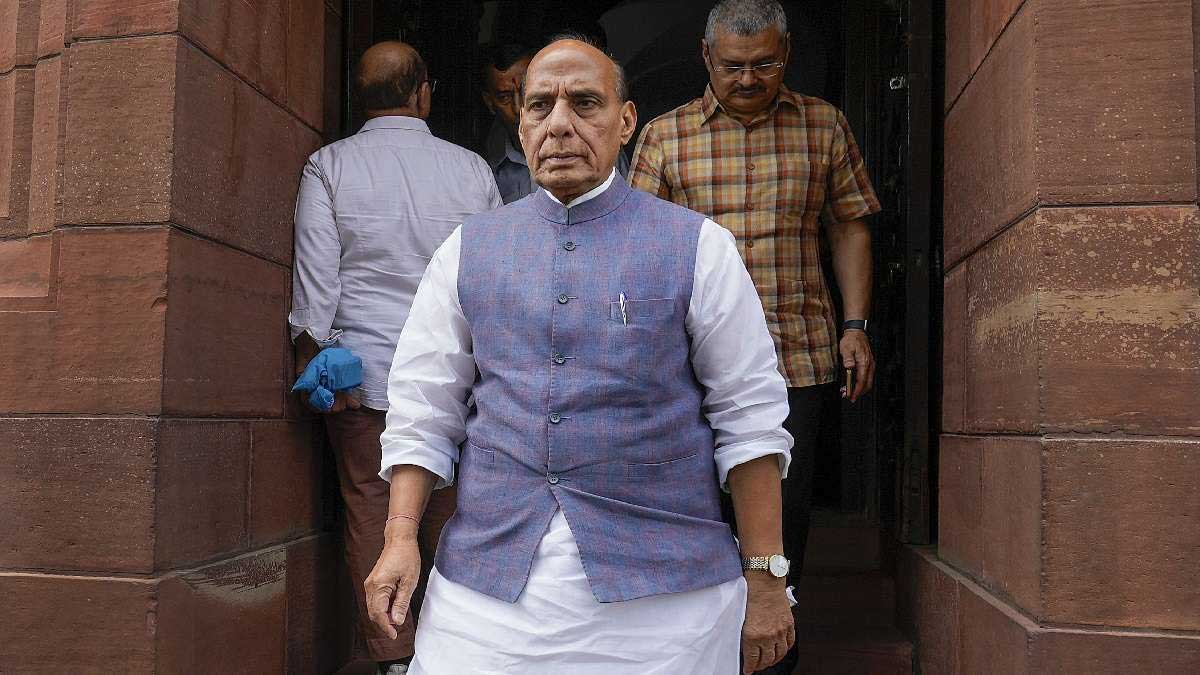
Defense Minister to Inaugurate 90 Key Border Infrastructure Projects

RVNL secures Rs 1.65 billion railway bridge project from North Eastern Railway
Rail Vikas Nigam (RVNL) has received a Letter of Award (LoA) from North Eastern Railway for a Rs 1.65 billion railway infrastructure project, strengthening its order book and showcasing its expertise in complex railway construction.The project involves constructing the substructure of a major railway bridge over the Gandak River, located between Paniyahwa and Valmikinagar stations. This is part of the doubling of the Gorakhpur Cantt–Valmikinagar railway section, aimed at improving line capacity and operational efficiency.The bridge will feature 14 spans of 61 metres each, built on double D-t..

Raebareli’s Modern Coach Factory rolls out 15,000th railway coach
The Modern Coach Factory (MCF) at Raebareli in Uttar Pradesh has achieved a major manufacturing milestone with the rollout of its 15,000th railway coach on December 15, the Ministry of Railways said.In a press note, the ministry said that MCF has already produced 1,310 coaches in the current financial year 2025–26, reflecting sustained high output at one of Indian Railways’ most advanced passenger coach manufacturing units.Established in 2007 at Lalganj in Raebareli district, MCF was built at a cost of Rs 31.92 billion with an initial annual production capacity of 1,000 coaches. The factor..

RailTel wins Rs 260.88 million IT infrastructure order from VOC Port
Navratna public sector undertaking RailTel Corporation of India has secured an IT infrastructure order worth Rs 260.88 million from V.O. Chidambaranar Port Authority (VOC Port), strengthening its presence in port-led digital transformation projects.According to an exchange filing dated December 16, 2025, RailTel has received a Letter of Acceptance (LoA) from VOC Port Authority for the implementation of advanced IT infrastructure at the port. The project is domestic in nature and is scheduled to be completed by August 15, 2026.The company said the order has been awarded in the normal course of ..
















